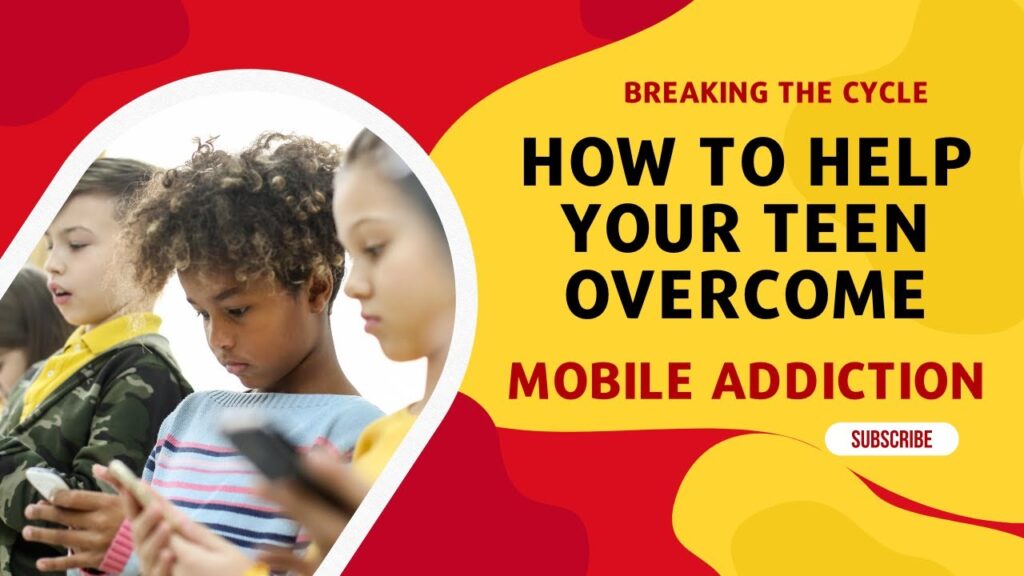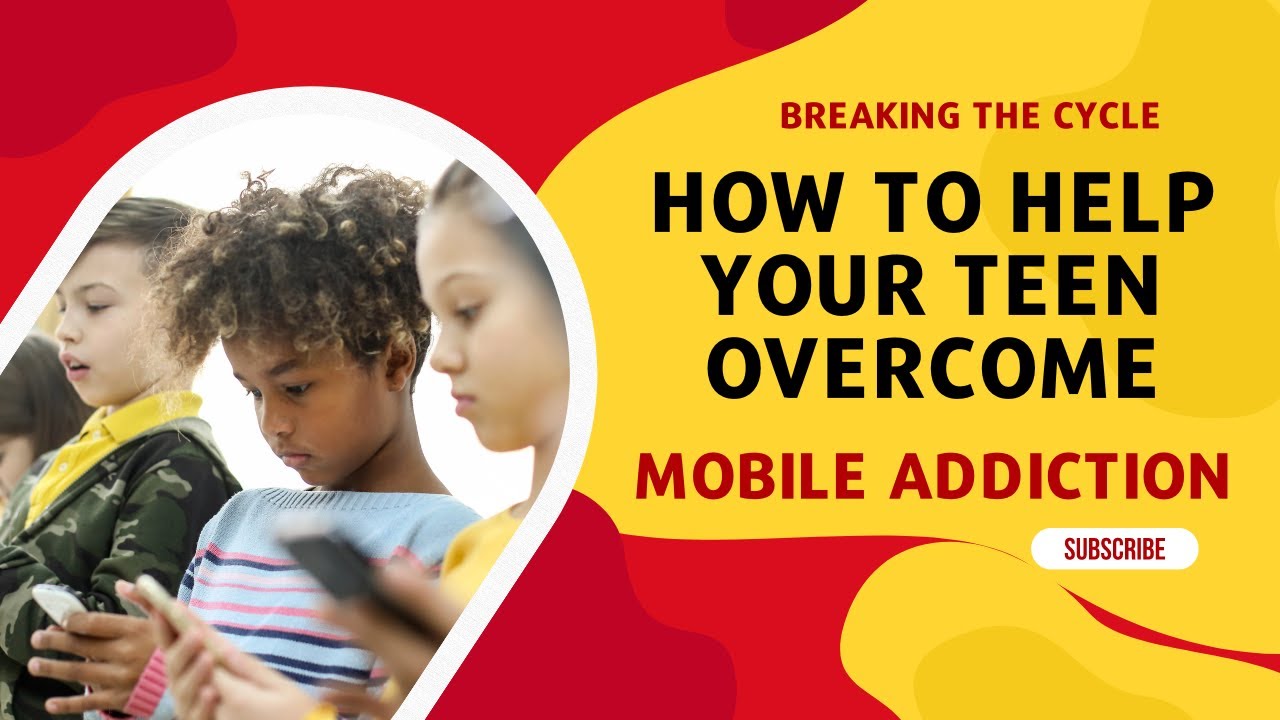
How to Help Your Teen Open Up: Effective Communication Strategies
Navigating the teenage years can be challenging, especially when it comes to communication. Many parents find it difficult to connect with their teens and understand what’s going on in their lives. Learning how to help your teen open up is crucial for maintaining a healthy relationship, fostering trust, and supporting their emotional well-being. This article provides actionable strategies and insights to bridge the communication gap and create a safe space for your teen to share their thoughts and feelings.
Understanding the Teenage Mind
Before diving into communication techniques, it’s important to understand the developmental stage your teen is in. Adolescence is a period of significant physical, emotional, and social changes. Teens are grappling with identity formation, peer pressure, and increased independence. They may be more self-conscious, private, and prone to mood swings. Recognizing these factors can help you approach conversations with empathy and patience.
The Need for Autonomy
One of the key drivers of teenage behavior is the desire for autonomy. Teens are striving to establish their independence and make their own decisions. This can manifest as resistance to parental authority or a reluctance to share personal information. Instead of viewing this as defiance, try to see it as a natural part of their development. Giving your teen some space and respecting their boundaries can actually make them more likely to open up to you in the long run.
The Influence of Peers
Peers play a significant role in the lives of teenagers. They often turn to their friends for support and guidance, especially when they feel they can’t talk to their parents. While it’s natural to worry about the influence of peers, remember that this is a normal part of socialization. Instead of criticizing their friends, try to understand their relationships and the role they play in your teen’s life. Creating an environment where your teen feels comfortable discussing their friendships can help you stay informed and offer support when needed.
Creating a Safe and Supportive Environment
The foundation of effective communication is a safe and supportive environment. Teens are more likely to open up when they feel accepted, understood, and respected. This means creating a space where they can share their thoughts and feelings without fear of judgment or criticism.
Active Listening
Active listening is a crucial skill for any parent who wants to help your teen open up. It involves paying attention to what your teen is saying, both verbally and nonverbally, and showing that you’re truly listening. This means putting aside distractions, making eye contact, and nodding to show that you’re engaged. Avoid interrupting, offering unsolicited advice, or immediately jumping to solutions. Instead, focus on understanding their perspective and validating their feelings.
Empathy and Validation
Empathy is the ability to understand and share the feelings of another person. When your teen is sharing their experiences, try to see things from their point of view. Validate their feelings by acknowledging that their emotions are real and important, even if you don’t necessarily agree with their perspective. For example, instead of saying “You shouldn’t feel that way,” try saying “I understand why you’re feeling that way.” This can help your teen feel heard and understood, making them more likely to continue sharing.
Unconditional Acceptance
Unconditional acceptance means loving and accepting your teen for who they are, regardless of their choices or behaviors. This doesn’t mean condoning harmful or irresponsible actions, but it does mean separating their behavior from their worth as a person. When your teen feels accepted and loved unconditionally, they’re more likely to trust you and confide in you. This is a critical step in help your teen open up.
Effective Communication Strategies
Once you’ve created a safe and supportive environment, you can start implementing specific communication strategies to help your teen open up. These strategies focus on building trust, fostering open dialogue, and addressing difficult topics in a constructive way.
Initiate Conversations
Don’t wait for your teen to come to you with their problems. Initiate conversations regularly, even if it’s just to check in and see how they’re doing. Choose a time and place where you can talk without distractions, such as during a car ride or while doing chores together. Start with open-ended questions that encourage them to share their thoughts and feelings, such as “What was the best part of your day?” or “Is there anything you’re worried about?”
Ask Open-Ended Questions
Open-ended questions are questions that require more than a simple “yes” or “no” answer. They encourage your teen to elaborate and share their thoughts and feelings in more detail. Examples of open-ended questions include: “How did that make you feel?”, “What are your thoughts on that?”, and “What do you think you’ll do next?” Avoid asking leading questions that suggest a particular answer or put your teen on the defensive.
Avoid Judgment and Criticism
One of the biggest barriers to communication is fear of judgment or criticism. Teens are often hesitant to share their thoughts and feelings because they’re afraid of being judged or ridiculed. When your teen does open up, it’s crucial to respond with empathy and understanding, even if you don’t agree with their perspective. Avoid making critical remarks, offering unsolicited advice, or minimizing their feelings. Instead, focus on listening and validating their experiences.
Share Your Own Experiences
Sharing your own experiences can help your teen feel less alone and more comfortable opening up. When you share your own struggles and challenges, you show them that you’re human and that you understand what they’re going through. This can help build trust and create a sense of connection. However, be mindful of making the conversation about yourself. The focus should still be on your teen and their experiences.
Respect Their Privacy
Teenagers need privacy as they navigate their journey to independence. Respecting their privacy, within reasonable boundaries, can greatly improve communication. Avoid snooping through their belongings or reading their private messages without their permission. If you have concerns about their safety or well-being, address them directly in a calm and respectful manner. Trust is essential to help your teen open up.
Be Patient
Building trust and fostering open communication takes time and patience. Don’t expect your teen to suddenly open up overnight. Be consistent in your efforts to create a safe and supportive environment, and be patient as they gradually become more comfortable sharing their thoughts and feelings. Even small steps forward are a sign of progress.
Addressing Difficult Topics
Sometimes, the topics that are most difficult to discuss are also the most important. These may include issues such as sex, drugs, alcohol, mental health, and relationships. Approaching these conversations with sensitivity and honesty is crucial for help your teen open up and providing them with accurate information and support.
Choose the Right Time and Place
When addressing difficult topics, it’s important to choose the right time and place. Avoid bringing up sensitive subjects when you’re stressed, tired, or distracted. Instead, choose a time when you can talk without interruptions and when your teen is likely to be receptive. A quiet, private setting can also help create a sense of safety and comfort.
Be Honest and Direct
Honesty is essential when discussing difficult topics. Avoid sugarcoating the truth or providing vague or misleading information. Be direct and straightforward in your communication, but also be sensitive to your teen’s feelings. Use age-appropriate language and avoid using jargon or technical terms that they may not understand.
Listen Without Judgment
When your teen is sharing their thoughts and feelings about a difficult topic, it’s crucial to listen without judgment. Avoid interrupting, criticizing, or dismissing their concerns. Instead, focus on understanding their perspective and validating their feelings. This can help them feel safe and supported, making them more likely to continue sharing.
Provide Accurate Information
Make sure you have accurate information about the topic you’re discussing. If you’re unsure about something, do some research or consult with a trusted expert. Providing accurate information can help your teen make informed decisions and avoid risky behaviors.
Seek Professional Help When Needed
If you’re struggling to communicate with your teen or if you have concerns about their mental health or well-being, don’t hesitate to seek professional help. A therapist or counselor can provide guidance and support to both you and your teen. They can also help you develop effective communication strategies and address any underlying issues that may be contributing to the communication gap. [See also: Teen Therapy Benefits] Knowing when to seek help is vital to help your teen open up and stay healthy.
Conclusion
Learning how to help your teen open up requires patience, empathy, and a willingness to create a safe and supportive environment. By understanding the teenage mind, implementing effective communication strategies, and addressing difficult topics with sensitivity and honesty, you can bridge the communication gap and foster a strong, trusting relationship with your teen. Remember that communication is an ongoing process, and it’s never too late to start building a better connection with your teen. The effort you invest in help your teen open up will pay dividends in their overall well-being and your relationship for years to come. By actively listening, validating their feelings, and respecting their privacy, you can create a space where they feel comfortable sharing their thoughts and feelings. This will not only strengthen your bond but also equip them with the skills they need to navigate the challenges of adolescence and beyond. It’s always worth the effort to help your teen open up.

